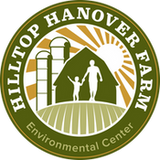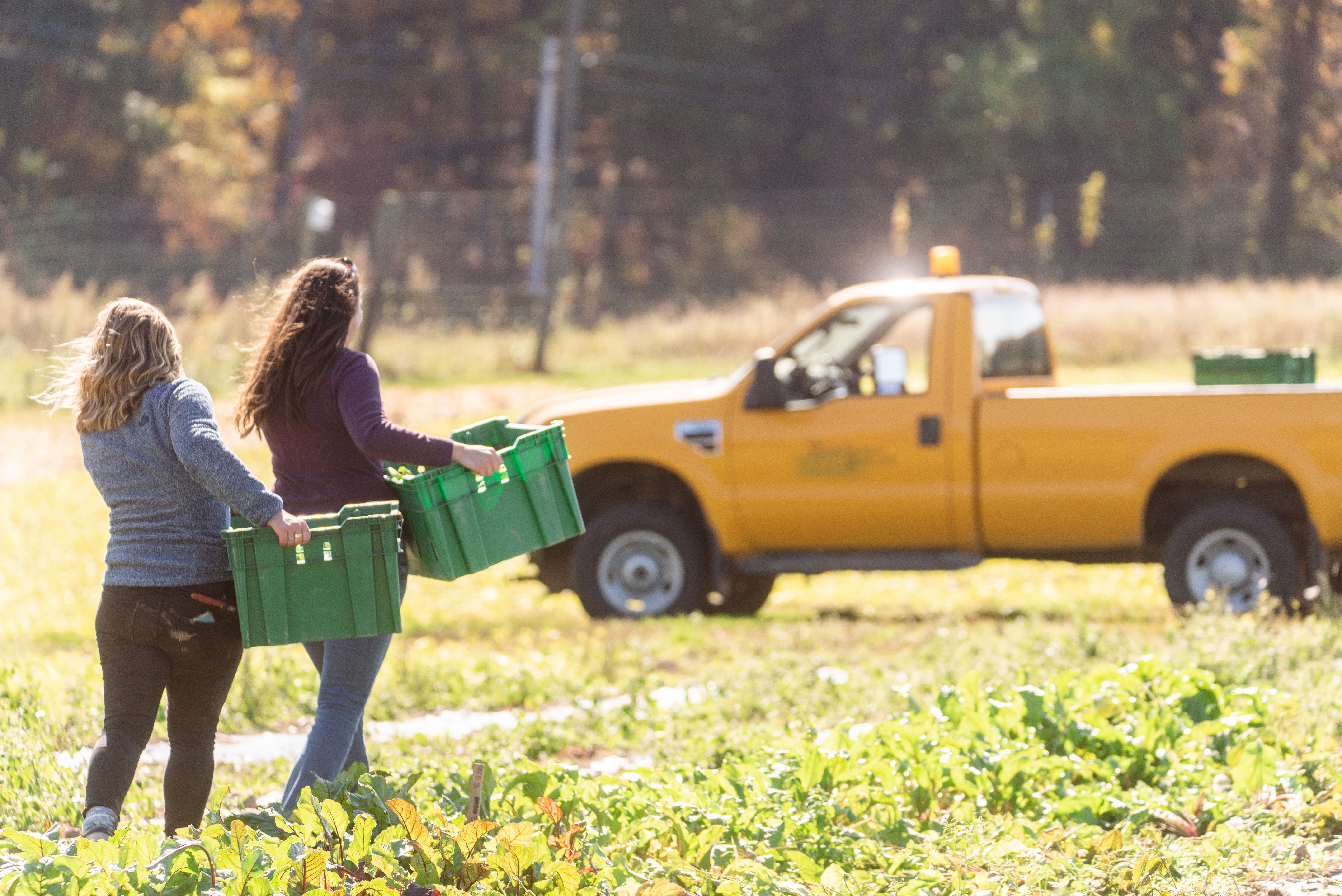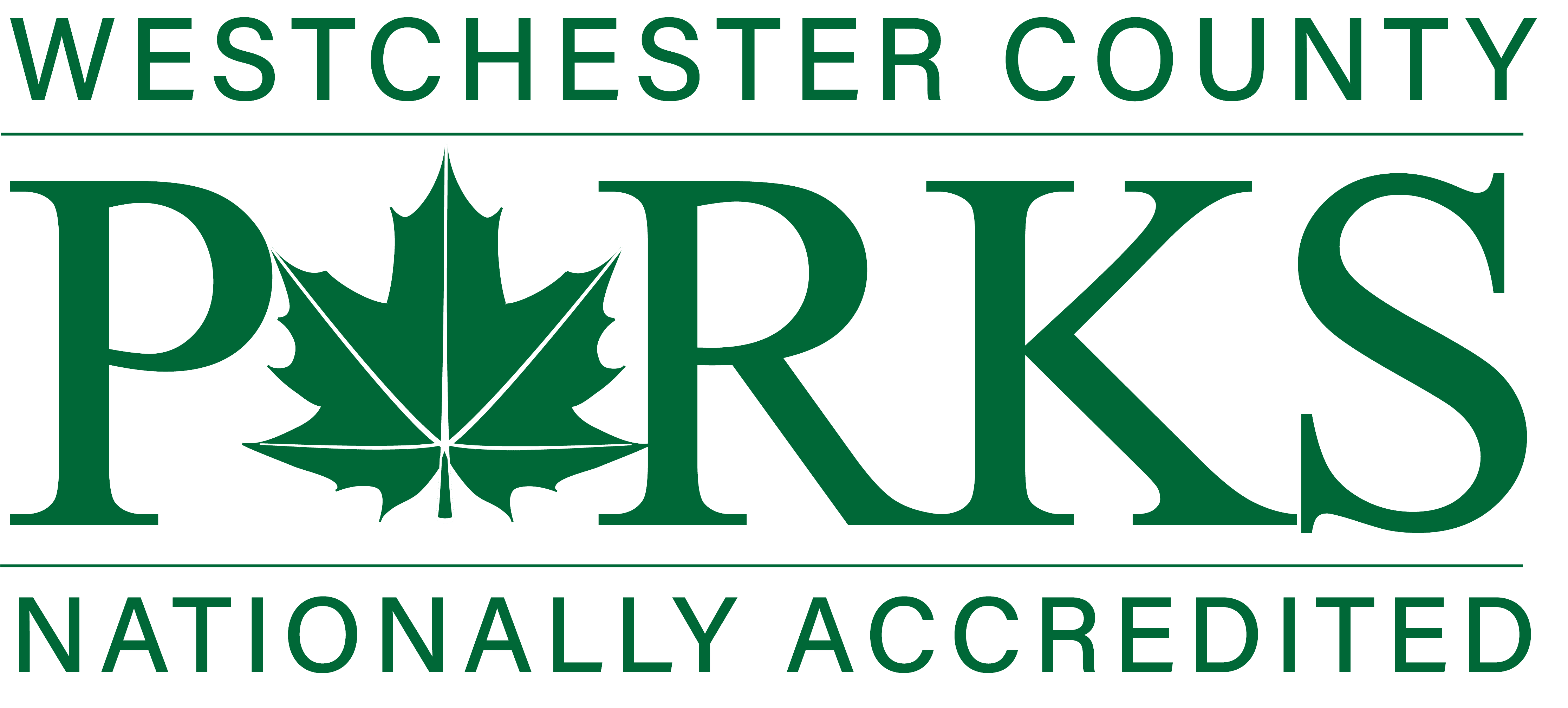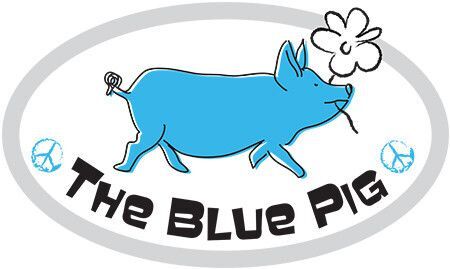Our Farming Practices
Hilltop Hanover Farm uses sustainable methods that:
- Promote biodiversity and build healthy soil.
- Produce local, fresh, nutritious and organic food.
- Build community around food and our natural environment.
- Protect our environment for future generations.
Some of our sustainable practices:
- We grow flowers and native plants in and alongside our vegetable production fields in order to attract native pollinators and our honeybees.
- We use intensive cover cropping on fallow fields in order to build organic matter and balance the soil makeup. One of our favorite cover crops mixes for the fall is made up of oats, peas, and vetch!
- We always choose low tillage methods when possible, to protect soil structure and avoid disrupting microbial communities.
- We use silage tarps and flame weeding to minimize weed pressure, which reduces labor, and disease and pest pressure.
- We do not use toxic chemical pesticides, synthetic fertilizers or GMO seeds.
- We turn our livestock bedding, manure, and food scraps into compost onsite using our forced air composting system.
Some of our sustainability experiments:
- We have been experimenting with different cover crops in the pathways in our annual production fields. Pathways are often maintained as bare ground, creating additional areas to keep weeded and making them susceptible to runoff in heavy rain events.
- We have a ¾ acre field planted in a clover mix, in order to build soil nitrogen while avoiding runoff and provide a multiyear pollination patch.
The value of a local and sustainable farm:
- Locally produced food has a low carbon footprint, is more nutritionally dense, and just plain tastes better!
- Access to your farmers! Hilltop is a public facility. We are here to answer your questions, share our knowledge, and hear what you have to say.
- Builds community around our shared human need to feed and nourish our bodies.
- The land is preserved as open space with healthy soil and riparian buffer zones that help filter ground water.
- Provides habitat and food to birds, insects, and other wild beings.
- Eating local means more money stays within your community and supports the local economy.
- Provides employment and educational opportunities for local residents.








